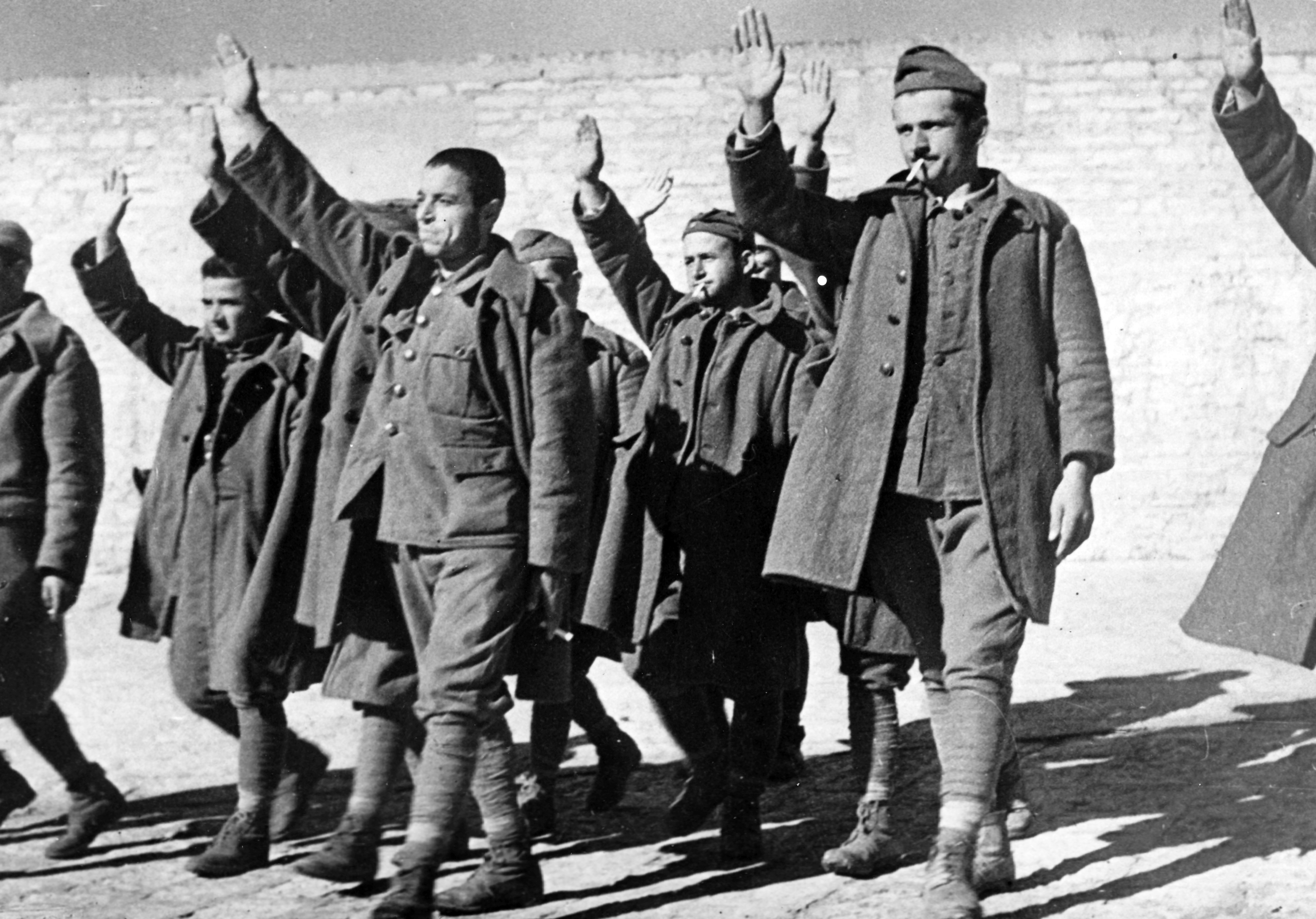Greece Military Coup - Written by in Modern Greek History Comments Off on Civil Rights Aftermath of the Greek Military Junta
The Greek military junta, or dictatorship, lasted from 1967 to 1974 in Greece after a successful coup organized and carried out by a group of Greek military officers who opposed the monarchy. After gaining independence from the Ottoman Empire, Greece never established itself in a stable form of government.
Greece Military Coup

Several attempts were made to establish a democratic republic, but in between Greece was ruled by the monarchy. In addition, the country also survived several hours, including a civil war, as well as occupation by the Germans. The military dictatorship is another piece of the puzzle.
British Wiretapping And The King's Attempted Coup Against Karamanlis
During the junta, the people were quite oppressed under this system of government. In addition to being officially labeled a dictatorship, there were also some civil rights issues that were part of the era. Here's an overview of what they are exactly:
Shortly after the army took control of Greece, Article 14 of the Greek Constitution, which protected both freedom of thought and freedom of the press, was suspended to allow the government to exercise more control over the media and, as some have translated, the mind of the people. . State music related to the military was played on the radio instead of the regular programming that people enjoyed. Occasionally the music was interrupted by the junta issuing orders and telling people what they could and could not do.
The military dictatorship also immediately began to influence the government and aimed to undermine the democracy of the dictator. They suspended the legal system established by the Greek constitution and instead established military courts. They also dissolved all previous political parties and all legislation enacted by parliament under the political system that preceded the junta. They also stripped the right to assembly and even banned people from taking pictures in public. While the Greek people are allowed to participate in certain public or social events, they must be approved and accepted by the government.
Many of the civil rights changes that the junta made after coming to power took place in 1967, shortly after the coup itself. Other countries have taken notice, such as Denmark, Norway, Sweden and the Netherlands, and have taken their concerns to the European Commission on Human Rights to accuse the junta of violating the civil rights of their people. This was largely in response to the junta imprisoning or exiling more than 6,000 people they suspected were communists or those opposed to the dictatorship's agenda. The Greek military police are also accused of torture. Amnesty International estimates that more than 8,000 people were arrested in the first month after the coup, some of whom were tortured to gather information.
How The Polytechnic Uprising Found Greece
The Greek military junta came to an end in 1974 when Greek parliamentary democracy was officially restored. Those who were part of the junta were arrested and tried to account for their crimes. The reign of Greek colonels with King Constantine II (center), April 26, 1967.
King Constantine and the military members of the government are still negotiating the terms under which the king will declare his acceptance of the new regime.
There's little doubt that Constantine will eventually have to commit by telling the people to support the government, but he's still playing time, hoping that the longer he waits, the more anxious the colonels will become about winning his support and, through it, a certain amount of acceptance in the country and the world.

Although the government spokesman boldly claims that the king agreed with the colonels from the start, today I received confirmation from someone close to the colonels that this is not the case. Even after convincing the colonels to have a civilian prime minister and bring two judges into the government during Saturday's day-long standoff at the Defense Ministry, the king is still trying to get further concessions.
Remains Of Greek Soldiers Travel Back Home
Ironically, this delay began to turn public opinion against the king. For the first 24 hours they thought it was organized by the king and the services. "Maybe that's for the best," they thought. Then, with only rumors to supplement the dry bulletin, they began to doubt whether the king was involved. Will he manage to reverse the situation? Can he be the pole why resistance can concentrate?
Today, with no word from the king and last night's announcement that he will chair a cabinet meeting this week, the mood has turned again. Of course the king had to be there; After all, everything he aspired to was achieved.
The Papaandrea family has been eliminated, the communists have been surrounded and expelled, the army has been protected from democratic influences and the monarchy is safe again. Such are the arguments in the houses of Athena; Politics in the coffee shops is of course forbidden.
The other question that has passed from mouth to mouth is: what will the attitude of the US government be? The Greeks are so convinced that American aid and influence dictated the actions of the king and right-wing politicians that they cannot now believe that somehow the Americans failed to support the colonels. Even if this is not the case, they argue, will the US government use its power to break the new regime?
Turkish Nationals Seek Asylum In Greece Since Controversial Coup Attempt
US aid to the Greek defense budget is about $100 million a year. This, the Democrats argue, can be used as a weapon against the regime – without it they could not hope to hold on to power, and their action to suppress the far left has them, whatever their protests, in the anti-communist West placed. camp. .
There is no doubt that the four military officers who practically rule the country already face major and complex problems. If they are to make any progress in their program of national change, they will need support not only from the Americans and Western powers, but also from Greek financiers, ships, businessmen and foreign tourists. The economy rests on this and can quickly be thrown into chaos if one of its pillars crumbles.
A senior army officer explained their hopes to me. Greece, he said, was created by politicians who used their office to fight their own nest, who let rivalry, jealousy and personal ambitions take precedence over the fate of the country. The civil service was corrupt and the poor were not treated fairly. "I hope we can do better - at least we work for Greece."

He said that at the insistence of the king, they accepted civilians into the government. "If they do their job well, they can stay. If they don't, they go." He believed the takeover had the approval of ordinary working people who were being exploited by the political speeches. Emergency restrictions, he said, would be eased soon.
How Greece Became A Democracy After The Military Junta
He believed that Mr. Andrea Papandreou would be brought to justice for his part in the Aspida affair. All other non-Communist political figures would be released. He said no executions would take place, and in that respect the officers' coup d'état differed from the takeover of Turkish officers in 1960. The army was now fully behind the colonels and the air force cooperated from the start. The Navy did not object.
The latest government decree states that all children must attend church regularly, young men must have their hair cut, and girls must not wear miniskirts (I wonder if the Royal Guards should lengthen their skirts).
On Saturday night, the Greeks go to their churches to celebrate the resurrection of Christ. Traditionally, the king, his family and his government lead the midnight celebration at Athens Cathedral. It will be difficult for a government that places so much emphasis on religious observance to ban the occasion, and everyone is waiting to see if the bodies will be lifted, the people will be allowed to assemble and the king and his ministers will be able to appear. .
Meanwhile, it is a sad Holy Week in Athens. There is little joy in the coming Easter celebrations. The White House Situation Room briefed President Lyndon B. Johnson on the early morning military coup in Greece at 12:30 a.m. (EST) in Washington DC in the wee hours of the morning of April 21, 1967.
Greek War Medal And Greek Distinguished Conduct Medal Of Wwii
Details of the overthrow of the Greek government emerged throughout the day. While the prime minister and other political leaders were arrested, King Constantine seemed to remain in power. This leads some to ask the White House if the king was involved in the coup.
Same day at 6:30 pm. President Johnson received updated information about
Military drone range, laser range finder military, military range bags, military range targets, long range military radio, military radio range, military range finder, military long range binoculars, range rover military discount, military range rover, range of military drones, military range bag
0 Comments